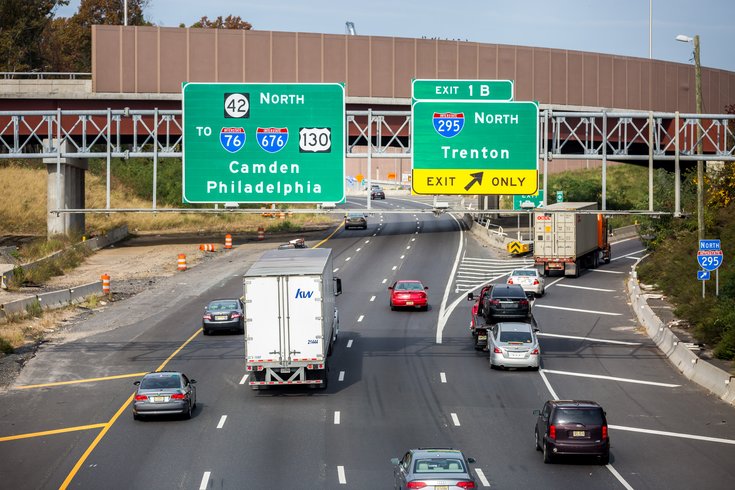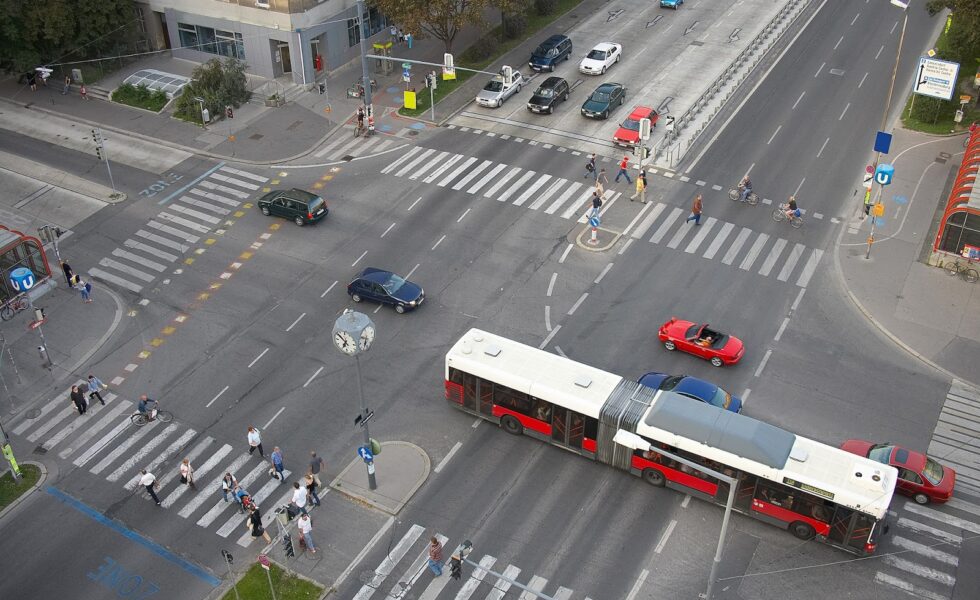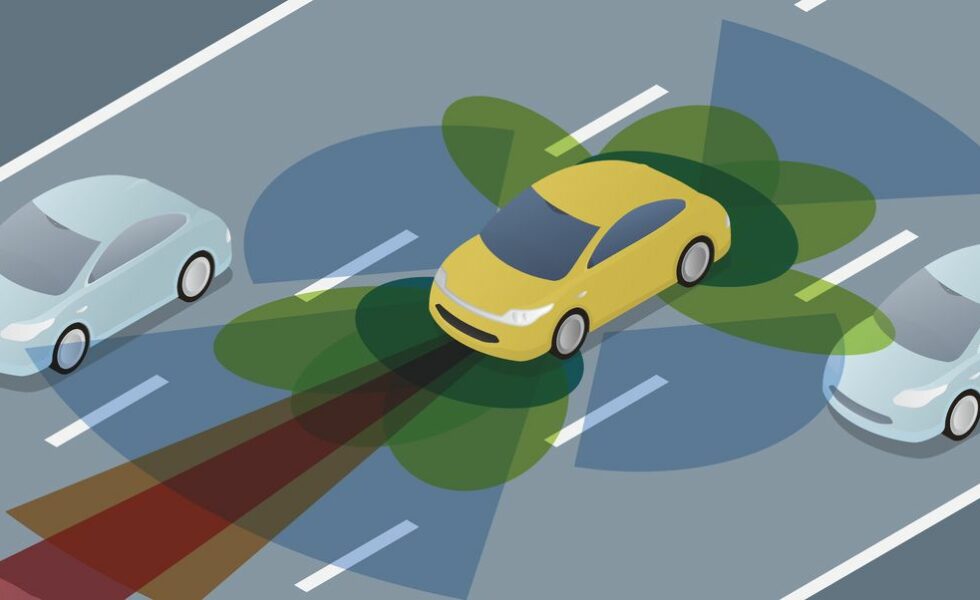Development and Tech Transfer of an Integrated Robust Traffic State and Parameter Estimation and Adaptive Ramp Metering Control System
Dr. Zhou and Dr. Ozbay found that, if the traffic flow parameters are time-varying and/or the knowledge of these parameters are biased, the performances of a traffic state estimator that has assumed them to be known and fixed-valued can be significantly downgraded. Moreover, only augmenting these parameters into the state vector and then resorting to nonlinear recursive estimation techniques such as extended Kalman filter (EKF) cannot solve the issue. This is because, under a CTM-based traffic estimator, the critical density is unobservable under free-flow conditions, and hence biased initial knowledge of the critical density can cause false switching of the working model of the estimator and distort the estimation afterward.








